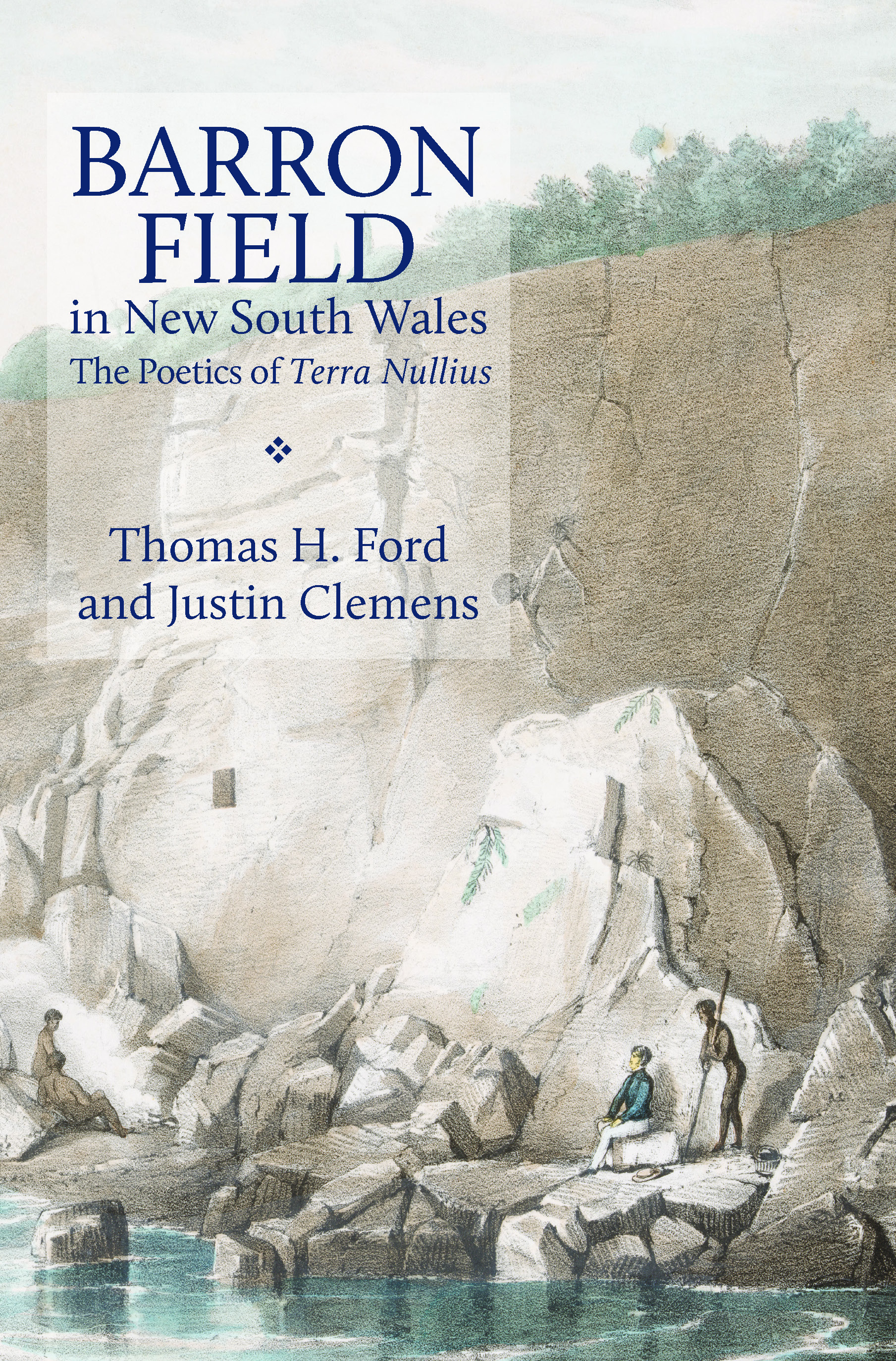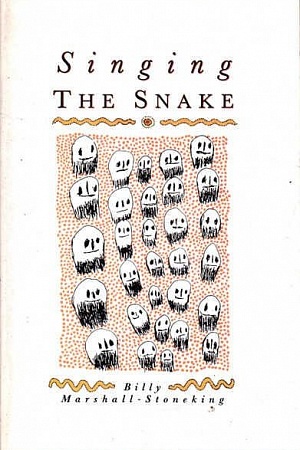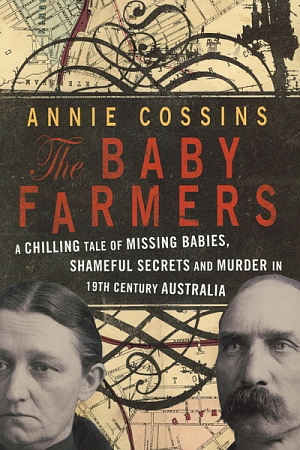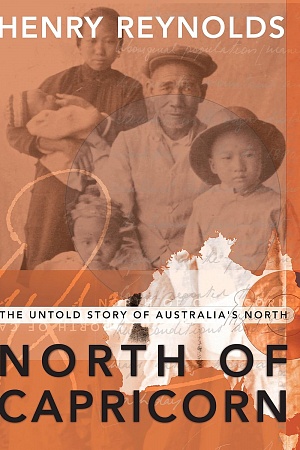Barron Field in New South Wales: The poetics of Terra Nullius
Melbourne University Press, $35 pb, 224 pb
A poetic death sentence
Literary study tends to be characterised by bipolar episodes, swinging between enjoyment and judgement. There is reading for pleasure and learning to be critical, or making up your mind about how good, bad, or indifferent a literary work is. This way of thinking about literature still pervades all levels of the cultural and social scenes where readers talk to one another. We discuss with our friends or communities whether we like a work of literature or not, but when things get formal or seminar-serious the conversation shifts to whether we think that work is any good – a different thing. The Saturday review pages wobble between these two modes, between chat about whether readers will like a book or film, and whether it’s any good or not. Some texts that have become good over time, canonical in other words, we might not like. ‘Like’, here, of course, is a very fuzzy notion, although you would have to be delusional to think a book is automatically good because you like it. And liking certain texts, Ern Malley’s poetry or Stephenie Meyer’s fiction for example, might be evidence, in some people’s view, of a lack of taste, or bad judgement. But as we say, there’s no accounting for that.
The trouble with this whole mode of reading is that it has never focused on what actually happens as and when we read a text, individually or collectively. It is always defined by the end point of reading, the fact of having read a work, the impression of its overall meaning or value, rather than the infinitely complex process of reading it. That is why this book of Thomas Ford and Justin Clemens is both an exciting and useful intervention in our ideas of reading generally and, as it happens, for how we understand the colonisation of Australia. It tells the story of the role of literary language in white Australia’s foundation. In that sense, it’s a new kind of history. Its focus is on the poetry and other writings of Barron Field (1786–1846), the judge of the Supreme Court of Civil Judicature in New South Wales from 1817 to 1828, the highest legal authority in the early colony, and who, as the authors recognise, wrote and published embarrassingly bad poetry. This has always been annoying for those looking for a serious foundation for Australian literature. Some of the earliest literary products of the Australian colony, Field’s First Fruits of Australian Poetry (1819), the first published book of Australian poetry, and Michael Massey Robinson’s annual Governor Macquarie-sponsored odes, are both poor foundational candidates for a national literature.
Continue reading for only $10 per month. Subscribe and gain full access to Australian Book Review. Already a subscriber? Sign in. If you need assistance, feel free to contact us.











Leave a comment
If you are an ABR subscriber, you will need to sign in to post a comment.
If you have forgotten your sign in details, or if you receive an error message when trying to submit your comment, please email your comment (and the name of the article to which it relates) to ABR Comments. We will review your comment and, subject to approval, we will post it under your name.
Please note that all comments must be approved by ABR and comply with our Terms & Conditions.